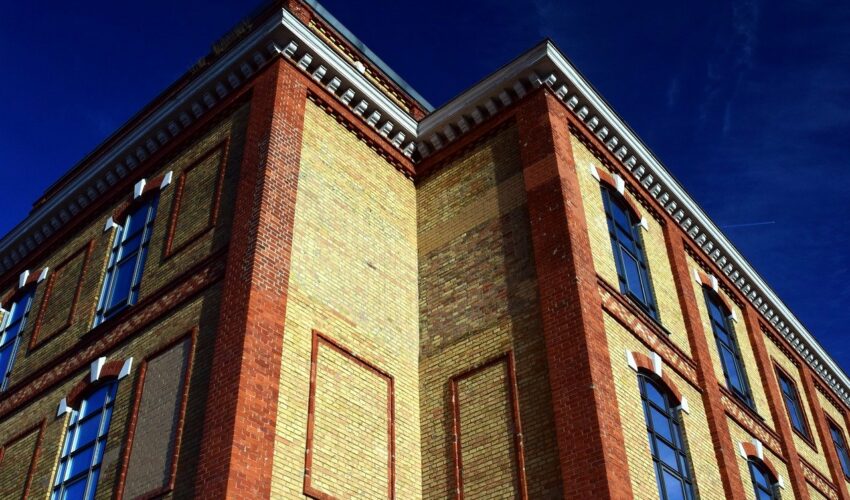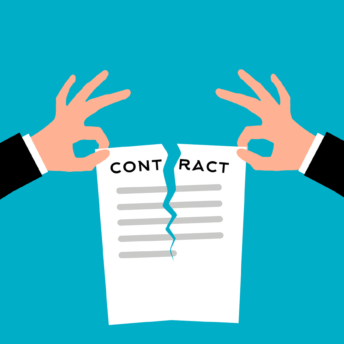Buying A Listed Building
There are over one million listed buildings in England so before purchasing a property that is listed, it is important to understand the implications and obligations attached to such a purchase. There are a few dos and don’ts but as long as you are clear of the facts, buying a listed building should not necessarily be a stressful process.
To guide you along the path of purchasing a listed building, it’s wise to instruct a solicitor experienced in these types of buildings.
Free Initial Telephone Discussion
For a free initial discussion and a quote get in touch with us today. Simply call us on 0161 929 0121 or complete our online enquiry form and a member of the team will get back to you.
What is the definition of a listed building?
A listed building is a property that has been placed on a national register of buildings with architectural or historical importance. The idea behind this is to look after these buildings and protect them for future generations. If a building has been built before the 18th century and is still standing in its original condition, it is likely to be listed. It is important to remember though that almost any building can be listed if it is considered to be of particular historic importance so checking the register is essential.
Listed buildings are protected by law. This means homeowners will need listed-building consent in addition to planning consent for any changes – inside or out. The idea is to preserve important buildings from alterations that aren’t in-keeping or that may cause damage.
If you fail to get listed building consent before you start building work it is a criminal, rather than a civil, offence. If you purchase a listed building that has previously had unauthorised works carried out on it, you would not be liable for this but it should be noted that you may face enforcement issues to bring the building back to its original state.
Is it possible to have a building de-listed?
In very rare circumstances, it is actually possible to get a building removed from the national register as being listed. This will only happen if it can be demonstrated that the building should never have been listed in the first place, or if there has been a substantial change that results in the building no longer being deemed worthy of listing.
What type of building work can you carry out on a listed building?
The law states that any work considered to be an “alteration to character” will need listed building consent. The argument is, what is defined as an alteration to character?
Broadly speaking, maintenance works and general repairs would not usually require listed building consent but it is always worth checking with your local conservation officer.
Listing covers a whole building, including the interior, unless parts of it are specifically excluded in the list description for that particular property.
In some cases, the protection can extend to external structures and gardens. But all listed buildings are different, so you need to check with your planning authority what is covered in the listing of the property you want to buy.
What’s the difference between a Grade I and Grade II listing?
Grade I buildings are described as being of exceptional national and historic interest.
Grade II are buildings deemed of special interest warranting every effort to preserve them.
Grade II * are buildings classed as having more than a local level of interest.
How We Can Help
When you are looking to purchase a listed property it is important to check that there have been no unauthorised alterations carried out by previous owners. We will carry out full and detailed investigations on any and all previous alterations to ensure full consent was granted.
If you do not have previous alterations investigated, you could end up footing the bill for fines relating to unauthorised alterations even if they were done prior to you buying the property.
Also, usually due to their history, listed buildings can be subject to and benefit from more complex restrictions, rights and easements than “normal” properties. We will report to you on the existence of such matters and also advise you on the impact they may have on your ownership.
We are able to explain clearly the legal issues and provide open, honest and professional advice.
How to Contact our Commercial Litigation Solicitors
To speak to our Commercial Litigation solicitors today, simply call us on 0161 929 0121, or allow a member of the team to get back to you by filling in our online contact form. We are well known across the country and can assist wherever you are based. We also have offices based in Cheshire and London.






Leave a Reply
You must be logged in to post a comment.